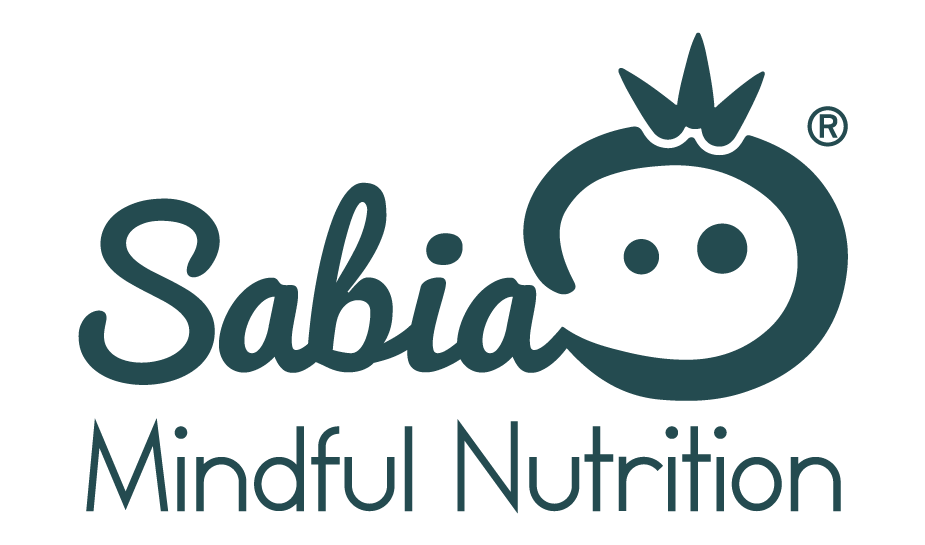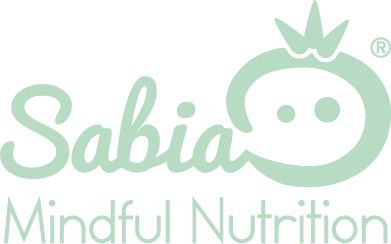How Cancer Starts: Understanding the Risks and What to Avoid in Your Home
Cancer begins when cells in the body start to grow uncontrollably, forming tumors or spreading to other parts of the body. Various factors, including genetics, environmental influences, and lifestyle choices can trigger this abnormal growth. While some cancer risks are unavoidable, many can be minimized by making informed choices about what we bring into our homes. Certain everyday items and substances we encounter regularly are linked to cancer risk, often due to their harmful chemicals or processes.
In this article, we’ll explore how cancer starts and highlight 10 household items that contain potentially cancer-causing substances.
How Does Cancer Start?
Cancer typically develops when DNA mutations occur in healthy cells. These mutations can be caused by environmental factors, such as radiation, chemicals, or infections, that disrupt normal cell processes. Over time, the affected cells become cancerous, resulting in uncontrolled growth and metastasis. This process can be influenced by exposure to carcinogens—substances that increase the likelihood of cancer.
10 Common Household Items That Are Cancer-Causing
While it’s essential to adopt a healthy lifestyle—eating well, exercising, and avoiding smoking—it’s equally crucial to be aware of the hidden carcinogens that can be found in our homes. Here are 10 items you may not realize are highly cancerous:
-
Aluminum
Found in cookware, foil, and even deodorants, aluminum has been linked to breast cancer and other health concerns. Although studies are still ongoing, there’s evidence suggesting aluminum can disrupt cellular processes, potentially leading to cancer over time. -
Refined Oils
Cooking with refined oils (like vegetable oil or canola oil) is common, but these oils are highly processed and contain trans fats that can increase the risk of several types of cancer, including breast and colon cancer. Choosing unrefined oils, such as extra virgin olive oil, is a healthier option. -
Processed Meats and Deli Meats
Studies have shown that processed meats, such as hot dogs, bacon, and lunch meats, are linked to an increased risk of colorectal cancer. These meats contain nitrates and preservatives that can form carcinogenic compounds when consumed. -
Parabens
Parabens are synthetic preservatives used in cosmetics, toiletries, and household products. They mimic estrogen in the body and have been shown to disrupt hormone function, which could contribute to the development of breast cancer and other hormone-related cancers. -
Teflon (PTFE)
Non-stick cookware coated with Teflon can release toxic fumes when overheated. These chemicals, including perfluorooctanoic acid (PFOA), have been linked to cancer and other health issues. It’s best to avoid Teflon-coated cookware and opt for cast iron or ceramic alternatives. -
BPA (Bisphenol A)
BPA is a chemical found in many plastic products, including water bottles, food containers, and the linings of canned food. BPA can leach into food or beverages and has been linked to cancer, as well as other hormone-related disorders. Look for BPA-free labels when buying plastic products. -
Candles (with Synthetic Fragrances)
Many scented candles contain harmful chemicals, such as formaldehyde and benzene. These chemicals are released into the air when burned and can be inhaled, thereby increasing the risk of respiratory cancers. Opt for candles made with natural wax, like soy or beeswax, and avoid synthetic fragrances. -
Triclosan
Triclosan is an antibacterial agent used in soaps, toothpaste, and other household products. It has been linked to hormone disruption and cancer, especially when absorbed through the skin. Avoid products containing triclosan and choose natural alternatives. -
High Fructose Corn Syrup in Snacks
High-fructose corn syrup (HFCS) is commonly found in processed snacks, sodas, and sweet treats. HFCS has been linked to obesity, which in turn increases the risk of developing several types of cancer, including liver and colorectal cancers. -
Phthalates
Phthalates are chemicals used to soften plastics in products like vinyl flooring, shower curtains, and toys. These chemicals can leach into the air or your skin, and studies suggest they may be linked to cancers of the liver, kidneys, and other organs.
Protecting Yourself and Your Family
While the above household items may not always cause cancer on their own, regular exposure to these chemicals increases the risk over time. By becoming more aware of the risks, you can make small but significant changes in your home to help reduce exposure to carcinogens.
Opt for natural and non-toxic alternatives whenever possible, and check labels for hidden chemicals that could harm your health. Remember, small lifestyle adjustments can have a significant impact on your overall health and cancer prevention.
If you’re looking for healthier options and need help making better food choices, let Sabia Nutrition support you. We offer nutritious, delicious meals that help keep your body nourished and free from harmful chemicals. Start today for a healthier tomorrow!
References
-
American Cancer Society. (2023). “How Cancer Develops.” Retrieved from https://www.cancer.org
-
National Cancer Institute. (2022). “Chemicals and Cancer.” Retrieved from https://www.cancer.gov
-
World Health Organization. (2022). “Carcinogens in the Home.” Retrieved from https://www.who.int
-
Mayo Clinic. (2023). “Foods and Cancer Prevention.” Retrieved from https://www.mayoclinic.org
-
Environmental Working Group. (2022). “Toxic Chemicals in Everyday Products.” Retrieved from https://www.ewg.org


